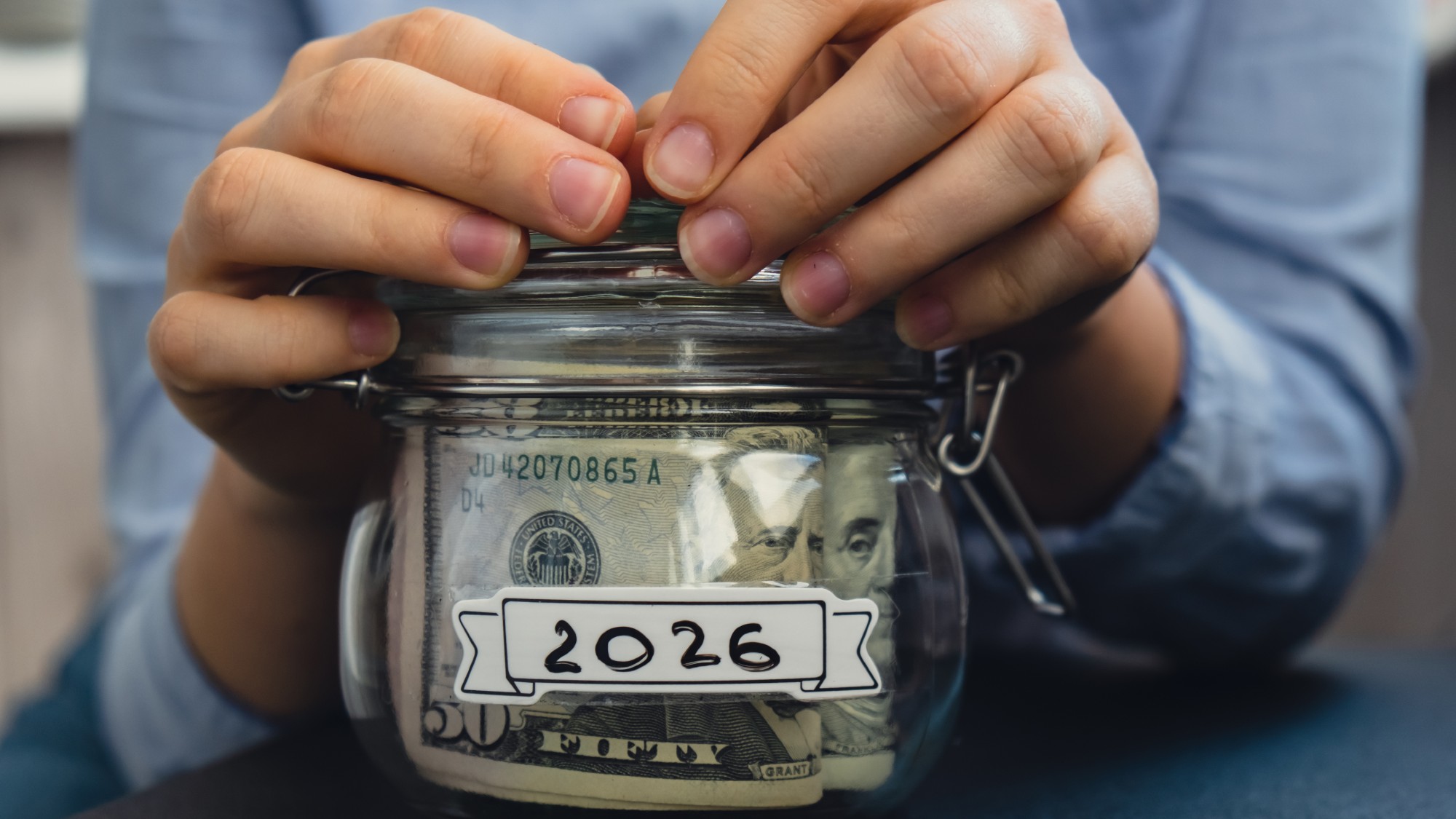Is it worth paying off a student loan early?
Experts say in many cases early payments won’t save you money in the long run

A free daily email with the biggest news stories of the day – and the best features from TheWeek.com
You are now subscribed
Your newsletter sign-up was successful
Interest rates on student loans are set to be capped to stop soaring inflation adding thousands of pounds to graduates’ repayments.
The Times said ministers plan to change the way that rates are calculated after the Institute for Fiscal Studies warned of “eye-watering” rises that would push maximum interest rates for higher earning graduates from 4.5% to 12%.
As the cost-of-living crisis intensifies, fears of dramatic rises in repayments have led more graduates to consider paying off their loans early. Although it would be a weight off your mind, experts say this step is often not the best use of your cash.
The Week
Escape your echo chamber. Get the facts behind the news, plus analysis from multiple perspectives.

Sign up for The Week's Free Newsletters
From our morning news briefing to a weekly Good News Newsletter, get the best of The Week delivered directly to your inbox.
From our morning news briefing to a weekly Good News Newsletter, get the best of The Week delivered directly to your inbox.
The maths
The “simple question spilling from the lips of over four million former graduates” is whether they should pay off their student loan early, said Money Saving Expert Martin Lewis. The answer, he explained, “depends on whether you’ve other debts and when you studied, as that dictates your interest rate” but in most cases the answer will not be a resounding yes.
He concludes that “based on the maths, only those with pre-1998 loans who definitely won’t need to borrow should be racing to repay their student loans”.
Lewis explains that, unlike normal borrowing, which requires payment regardless of your situation, with student loans you don’t need to repay them unless you’re earning over a set amount.
This means that “if times get tough” and you lose your job or your income drops, then “unlike any other lenders, the student loan company won’t come knocking on your door” because “you quite simply don’t need to repay”.
A free daily email with the biggest news stories of the day – and the best features from TheWeek.com
He also reminds readers that student debt is wiped after 30 years (on average), or if you die. This is an “important fact to consider”, he says, because “it means there is a chance that after you overpay, you may then stop earning over the threshold, die or be incapacitated, so will have unnecessarily repaid debt that you didn’t need to”.
Long-term savings
Which? magazine also advises caution. In theory, making voluntary student loan payments means “you’ll clear your debts earlier, but if you’re one of the majority who can expect to make repayments for 30 years, this won’t save you any money in the long run”.
The consumer group adds that “optional repayments will only really make sense if they let you clear your loan in full, or put you within touching distance of doing so”, because “unlike other types of loans, an overpayment won’t reduce the amount you repay each month”.
-
 The ‘ravenous’ demand for Cornish minerals
The ‘ravenous’ demand for Cornish mineralsUnder the Radar Growing need for critical minerals to power tech has intensified ‘appetite’ for lithium, which could be a ‘huge boon’ for local economy
-
 Why are election experts taking Trump’s midterm threats seriously?
Why are election experts taking Trump’s midterm threats seriously?IN THE SPOTLIGHT As the president muses about polling place deployments and a centralized electoral system aimed at one-party control, lawmakers are taking this administration at its word
-
 ‘Restaurateurs have become millionaires’
‘Restaurateurs have become millionaires’Instant Opinion Opinion, comment and editorials of the day
-
 How to juggle saving and paying off debt
How to juggle saving and paying off debtthe explainer Putting money aside while also considering what you owe to others can be a tricky balancing act
-
 Do you have to pay taxes on student loan forgiveness?
Do you have to pay taxes on student loan forgiveness?The Explainer As of 2026, some loan borrowers may face a sizable tax bill
-
 4 ways to streamline your financial life in 2026
4 ways to streamline your financial life in 2026the explainer Time- and money-saving steps
-
 Who will the new limits on student loans affect?
Who will the new limits on student loans affect?The Explainer The Trump administration is imposing new limits for federal student loans starting on July 1, 2026
-
 What’s the best way to use your year-end bonus?
What’s the best way to use your year-end bonus?the explainer Pay down debt, add it to an emergency fund or put it toward retirement
-
 Can medical debt hurt your credit?
Can medical debt hurt your credit?The explainer The short answer is yes, though it depends on the credit scoring mode
-
 4 signs you have too much credit card debt
4 signs you have too much credit card debtthe explainer Learn to recognize the red flags
-
 The FIRE movement catches on as people want to retire early
The FIRE movement catches on as people want to retire earlyIn the spotlight Many are taking steps to leave the workforce sooner than usual